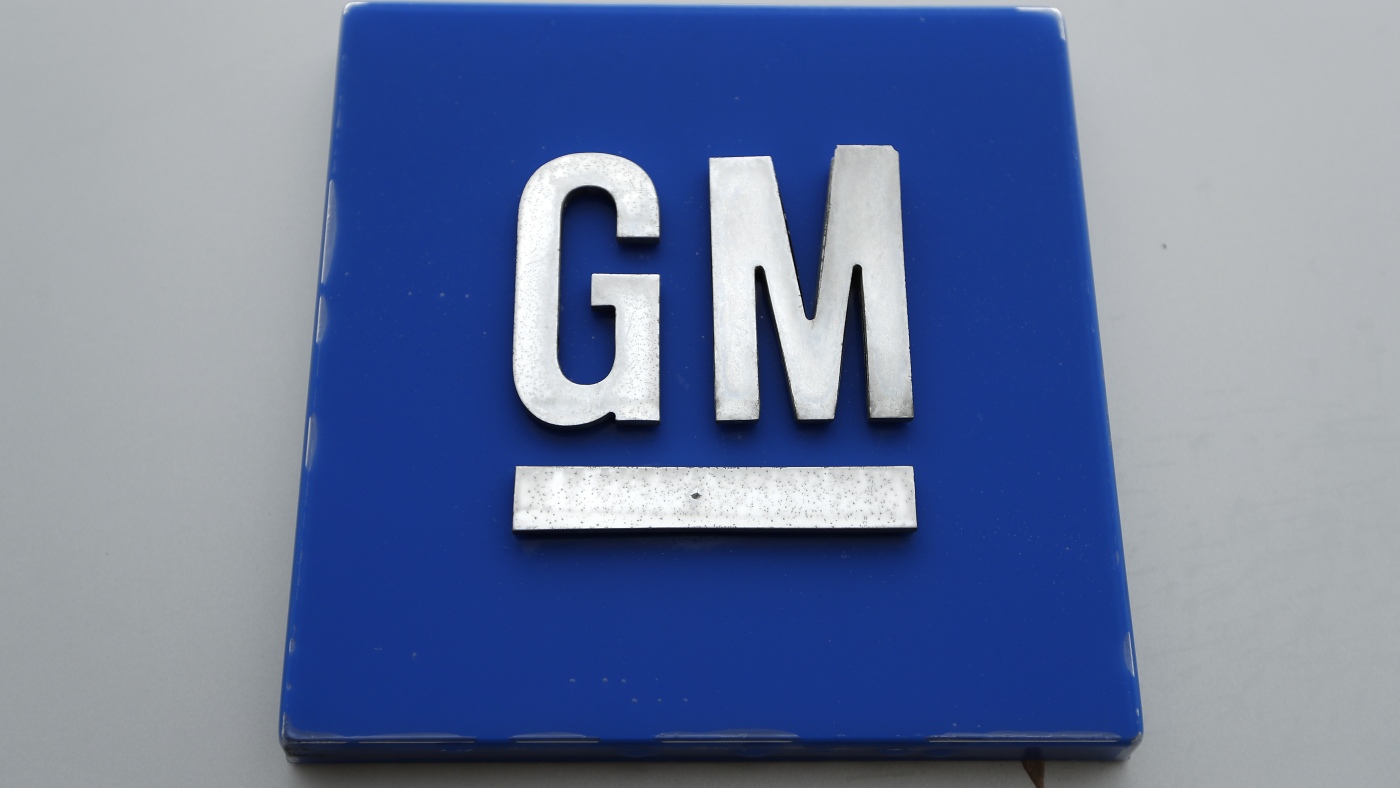The Riyadh Comedy Festival, running from September 26 to October 9, claims to be “the biggest comedy festival in the world.” It features major US comedians like Dave Chappelle, Kevin Hart, and Bill Burr, all receiving payment from the Saudi government.
Organized by Sela Entertainment, backed by Saudi Arabia’s sovereign wealth fund, the festival is raising eyebrows. Critics argue this event tries to distract from the country’s human rights issues, especially the crackdown on free speech. Human Rights Watch has spoken out, emphasizing that many of these comedians support freedom of expression while performing in a place where it’s severely restricted.
Some performers are aware of the backlash. Comedian Marc Maron remarked, “The same guy that’s gonna pay them is the same guy who had Jamal Khashoggi killed.” Others, like Shane Gillis, have turned down offers, citing discomfort over Saudi Arabia’s history of human rights abuses.
Meanwhile, others choose to participate, downplaying the risks. Bill Burr once said he wouldn’t travel to places like Saudi Arabia for fear of being kidnapped; now he’s headlining. This change raises questions about values and financial motivation. Reports suggest some comedians were offered hefty sums—up to $375,000 or more. For those already making millions from performances, it’s perplexing that they would take such lucrative offers considering their past stances on free speech.
This situation echoes historical conflicts where artists and public figures grappled with ethical dilemmas over their craft. For example, Lenny Bruce and George Carlin faced government censorship decades ago, fighting for the right to express themselves. Today’s comedians may be rethinking what freedom of speech means when it comes with a price tag.
Despite certain individual refusals, many performers do not seem to mind the scrutiny. Comedian Tim Dillon openly mentioned overlooking Saudi Arabia’s issues for the money—a sentiment that others echo privately. It’s a stark contrast to their previous defenses of free speech.
Collectively, these developments reflect a broader cultural conversation about ethics in comedy and the balance between artistic freedom and accountability. As social media conversations grow, supporters and critics alike are keeping a close watch on how these comedians navigate their careers in such a complex environment.
Source link





















